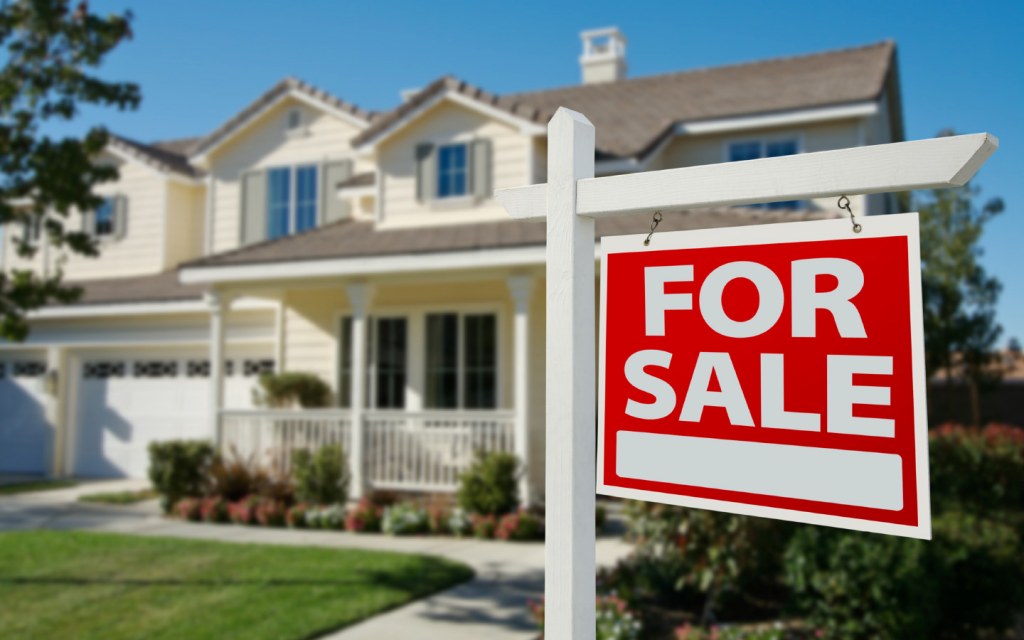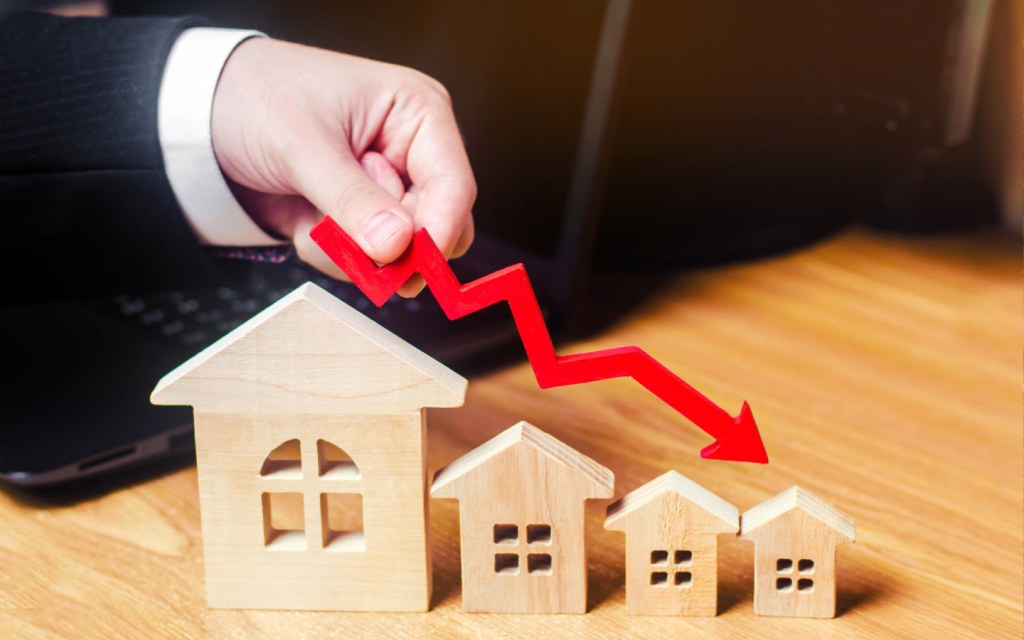It is not uncommon for people to want to have a profitable payday by tagging a ridiculously high price or asking for an overambitious price when selling their beloved possessions, and it goes particularly true for houses. However, overpricing your home due to emotional attachments, pride, or to make an easy buck makes way for a number of pitfalls that may arise when trying to secure a timely sale, which can only happen if the price tag reads a realistic number.
To further illustrate our point, we’ve hand-picked 5 good reasons why overpricing your home is always a bad idea.
5 Reasons Why You Shouldn’t Overprice Your Home
An exaggerated or unnaturally inflated price can create a series of hurdles for you, including a prolonged stay on the market, buyer disinterest, third-party discord, and the worst among other problems, a final sale at a price that’s far less than what you initially wanted. So, it is in your best interest to never overprice your home, and here are five solid reasons to stop you from doing so in the future:
- Lengthier Stay on the Market and Low Buyer Traction
- Unwanted Buyer Suspicions and Shrinking Demand
- Lacking the First Impression and Losing Way in a Catalytic Market
- Doubled and Unavoidable Costs
- Increased Chances of Losing a Prospective Property
Lengthier Stay on the Market and Low Buyer Traction

A reasonably priced property has a better chance of being sold under a period of six weeks or less, whereas overly priced properties tend to stay on the market for a longer time, sometimes too long. You can expect houses priced higher to sell at a certain point in time, yet the sale will be stalled by at least two months in comparison to accurately priced houses. You can have an idea of the price trends in your neighbourhood by visiting Zameen Area Guides since the listings on Zameen.com are submitted by genuine sellers like you. If those things are too technical for you, you’d be glad to know that we’ve put together a simple guide to help you evaluate your home’s resale value, just for your convenience.
Moreover, you can also seek further assistance from Zameen.com – Pakistan’s personal property portal – which serves as a primary real-estate hunting ground for most buyers, where several search filters and algorithms enable them to find a property that closely meets their requirements. Moreover, you, as a seller, can also opt for the Premium Listing feature on Zameen.com to guarantee yourself 400% extra traffic and exposure as compared to basic listings and top ranks on category pages and property searches.
It goes without saying that most buyers are interested in lower-priced homes, no matter what their budget is. It is a fact that every buyer wants a good deal, and they would go for the properties that save them some bucks. Therefore, a high-priced house is less likely to pop up in more searches, thereby skipping potential buyers. This may also end up painting a negative picture of your property, if it’s overpriced, in comparison to those that fulfil similar criteria with a reasonable asking price.
Unwanted Buyer Suspicions and Shrinking Demand
Most sellers feel excited to experiment by asking a higher price on their respective properties with the intent of lowering it later in case it does not sell as expected. Sometimes, this experiment can turn out awry since it may stimulate uncertainty and confusion among prospective buyers. Lowering the asking price beyond a certain, acceptable level could also lead people to assume that the property has some hidden flaws. Moreover, it is never good for a property to make an unsold recurring appearance. This is one of the primary reasons why you should steer clear from overpricing your home.
Lacking the First Impression and Losing Way in a Catalytic Market

The longer your home is on the market, the more wear and tear it will see. Plus, seeing buyers reject your property due to the higher price tag can also disinterest real estate agents from pushing your property. Deciding to price the property accurately from the get-go can result in a more engaging response from potential buyers. On the other hand, a property enlisted with a steep introductory price could receive a setback in terms of lower buyer engagement and declining interest.
It has been generally observed that the properties maintaining an inflated asking price will eventually need to be reduced due to the ever-changing trends of the real estate industry, which is always greatly affected by fluctuating economic factors.
In this regard, sellers choosing to overprice their properties will find themselves in troubled waters when residential prices within their locality experience a drop. This will instigate a trickle-down effect whereby they would end up decreasing their property value far more than the original expectation, resulting in a lesser profitable outcome.
Doubled and Unavoidable Costs
Considering how long it usually takes to sell overpriced properties, sellers may intend to pursue a real estate agent expecting that they will have a greater chance to acquire a potential buyer. So, it is only natural for professionals to charge against their services – some might ask for low, while others ask for high, in any case, the additional cost is unavoidable.
Moreover, a seller will obviously want their respective agent to pursue the goal of selling their prized possession whole-heartedly, so they might need to pay the same fee for it. On top of that, certain terms and conditions, along with the overall value of the prospective sale need, to be initially discussed because sellers may end up estranging the agent if they remain adamant about enlisting it for a price relatively higher than the evaluation.
Such overly priced properties become a headache to handle for real estate agents as procuring potential buyers may turn out improbable and only end up eating away the agent’s time and efforts.
Increased Chances of Losing a Prospective Property

At times, sellers may lose out on their future dream house if their existing property experiences a delayed sale in large part due to chasing a farfetched target price. Very few people will seek to hold their property for the interested party who have yet to relieve themselves in terms of selling their own house. This back and forth exchange can be a lengthy and complicated process that may end up wasting the valuable time of both parties, and as a result, leave the seller stranded in-between.
This was our take on why you shouldn’t overprice your property while putting it on the market. For more property tricks and tips, subscribe to Zameen Blog. Also, do not forget to visit our Facebook page.



